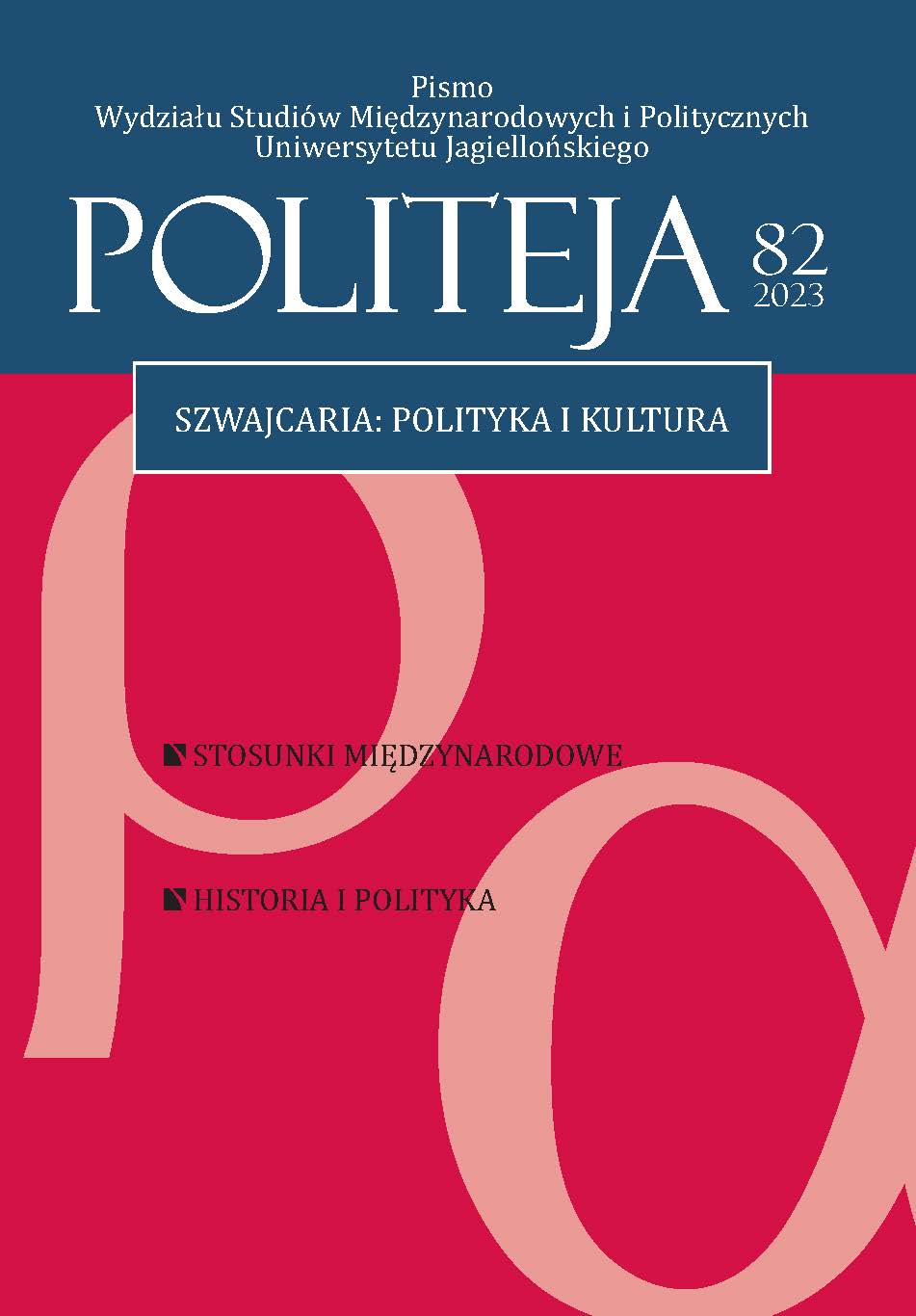Russia’s Foreign Policy Priorities in Eurasia and Northern Africa after America’s Withdrawal from the Middle East: The Purport of Statements
Russia’s Foreign Policy Priorities in Eurasia and Northern Africa after America’s Withdrawal from the Middle East: The Purport of Statements
Author(s): Joachim DiecSubject(s): Politics / Political Sciences, Politics, International relations/trade
Published by: KSIĘGARNIA AKADEMICKA Sp. z o.o.
Keywords: Russia; priorities; foreign policy; Eurasia; Middle East
Summary/Abstract: The article focuses on the priorities of Russian foreign policy in relation to the Middle East, North Africa, and, above all, Russia’s Eastern European neighbors, after a significant reduction in the activity of the United States in the Middle East. The main research material is the official statements of the top-level Russian decision-makers. It is assumed that the priorities can be examined after analyzing the determination of states to sacrifice a certain group of benefits for more significant gains in the long-term and axiological perspective. The official Russian narrative since President Putin’s Munich speech in 2007 has been characterized by increasing criticism of the US and its allies, especially in view of the destabilization of the situation in the Maghreb, Syria and Afghanistan.What Russia proposes instead is to stop promoting political patterns that are alien to the region and to start pragmatic cooperation. Its obsessive goal is to build a multipolar world that respects zones of influence. The annexation of Crimea and further steps towards assertiveness towards Belarus and Ukraine, whichcould be observed verbally, became the motivation for sanctions by NATOcountries. However, according to its narrative, Russia does not trade with its sovereignty, and the economic activity of the state and the oligarchs rather focused on moderating the effects of the sanctions that the Kremlin was and still is ready to take into account in the long-term perspective with the hope to reunite the socalled Russian World and keep an eye on the ‘near abroad’. After the Russian invasion of Ukraine, the Russian narrative only became sharper, without departing from its fundamental assumptions. In addition to the obsession with multipolarism, the imperative of defending the Russian population in eternally Russian territories sounded even clearer. Despite the obvious aggression in real behavior, the Kremlin’s verbal propaganda portrays Western policy as the source of international problems and makes it responsible for the outbreak of war. This may indicate the validity of Mearsheimer’s thesis that the presence of Russia’s closest neighbors in the European Union, and even more so in NATO, is perceived in Moscow as an existential threat.
Journal: Politeja - Pismo Wydziału Studiów Międzynarodowych i Politycznych Uniwersytetu Jagiellońskiego
- Issue Year: 20/2023
- Issue No: 82
- Page Range: 279-308
- Page Count: 30
- Language: English

